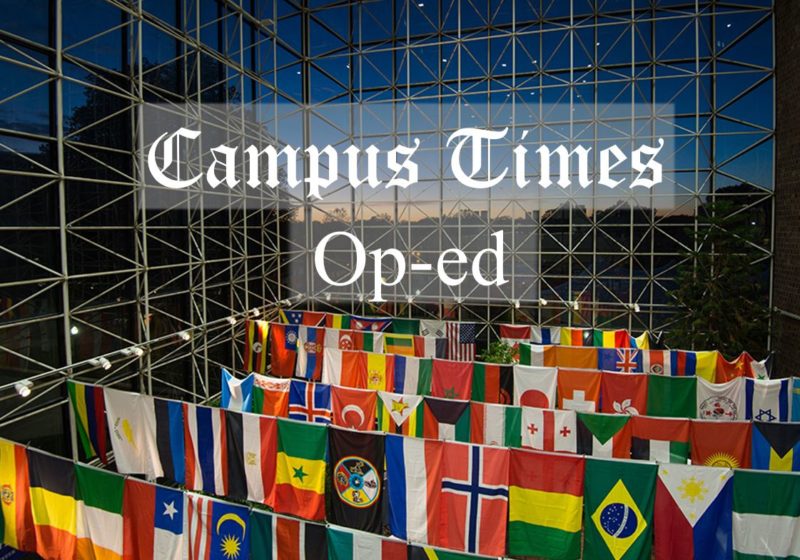My story begins with a six and a half hour flight from John F. Kennedy Airport. It begins with the Ionesco and Sartre texts carefully packed in my bag and a vague awareness of what my time would be like: foggy expectations, fantasy-prompted images, and a newfound experience with jetlag. The long story begins with a short one. I went to Rennes.
Study abroad organizations often present the experience of immersive travel as an opportunity to see how cultures are similar, and to broaden our understanding of people around the world. What I remember most were not the similarities between America and France, but the differences. There was something incredibly powerful and even reassuring about all the pieces of my life which, for that month, were different from normal. So many perspectives and patterns of thinking that I had maintained for so long seemed to have been stripped away.
I found myself in love with this other culture, for all the ways it wasn’t my own. As a first-year, while taking an environmental humanities seminar course, I learned about the concept of framing. Everyone goes through their lives subconsciously taking their experiences and creating “frames” from them, through which they view the subsequent events that occur to or around them.
A frame, using the example from George Lakoff’s article “Why It Matters How We Frame the Environment,” could be one of a hospital with medical health professionals (nurses, doctors, etc.) all maintaining particular roles. And specific language triggers frames. Thus, the way something is communicated to a person can be critical not only to how they experience it but also how they digest the information.
So when you go to another place, and have to live in a different reality, what might that have to do with framing? That’s where France comes in.
What I realized was that there were very few aspects of my stay that activated the frames with which I was familiar. I had to speak and think in another language, eat food I wasn’t used to, and have a daily schedule that was not customary. By performing these unfamiliar actions, my perceptions and modes of thinking shifted.
Travel holds keys that unlock a number of critical doors.
In a world where so many issues arise due to prejudice, ignorance, lack of communication, and where people struggle to come together, living in another reality — even if only slightly different — helps to take us out of the typical frameworks to which we’ve grown accustomed.
Travel and study abroad are important because they help the participants to step away from their preconceptions. In a time where humanity needs so greatly to unite to solve global problems stepping into another world, and understanding people who are different from us can be essential to move away from bias.
So, travel if you can. Put yourself in a place that is unfamiliar, maybe a bit uncomfortable. See what comes from it.






